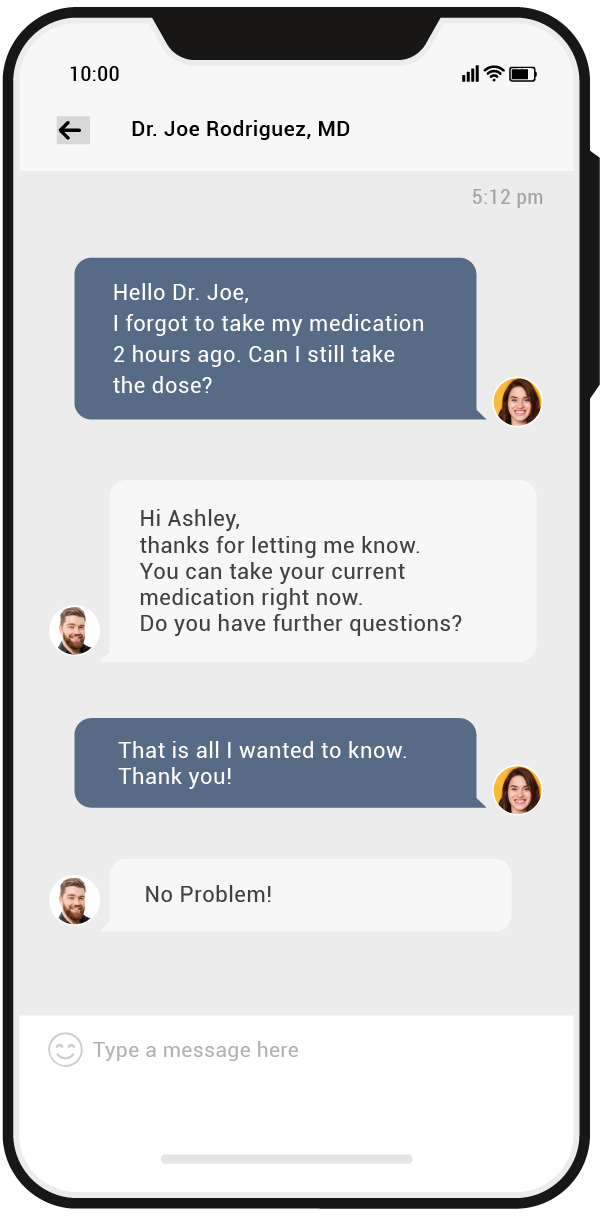Mental Health Condition:
Understanding Bipolar Disorder
Adults with ADHD can live a challenging life—many struggle with The key to managing bipolar disorder is awareness. Knowing and understanding how the condition's symptoms can impact your relationships and life makes you more equipped to manage it.
Bipolar disorder is characterized by extreme mood shifts at certain periods—from being extremely happy and motivated to being melancholic.
Life with bipolar disorder can be tumultuous, marked by unpredictability, strained relationships, and impaired daily functioning. However, with the right treatment and support, individuals can manage symptoms effectively and navigate life's ups and downs with resilience and hope.
What Is Bipolar Disorder?
Bipolar disorder (also called bipolar personality disorder, manic-depressive illness, or manic depression) is a mental health condition that causes extreme shifts in a person’s mood, energy, activity levels, and concentration. These mood shifts can vary in duration and intensity, significantly impacting daily functioning and quality of life.
here are several types of bipolar disorder, whose classifications are based on the severity and pattern of mood episodes:
- Bipolar I Disorder
- Bipolar II Disorder,
- Cyclothymic Disorder
- Other Specified and Unspecified Bipolar and Related Disorders
A bipolar disorder diagnosis is often discovered during late adolescence or early adulthood. The symptoms can also sometimes appear in children.
Bipolar disorder is considered a chronic condition and usually requires lifelong treatment.














